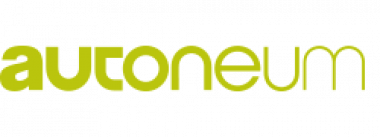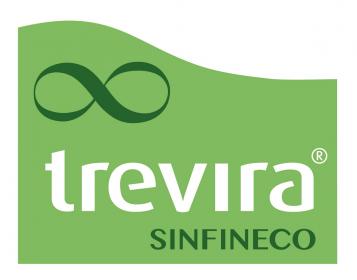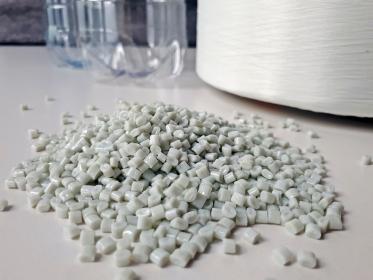New sustainability label Autoneum Blue
With its new sustainability label Autoneum Blue, Autoneum combines the use of recycled materials with protecting the oceans and social responsibility. Autoneum Blue is a continuation of the LABEL blue by Borgers®, which was originally launched by Borgers Automotive. Following the acquisition of the German automotive supplier in April 2023, Autoneum has now fully integrated the label into its sustainable product portfolio.
Marine pollution has reached alarming levels in recent decades, with plastic contamination posing one of the most harmful threats to the health of the world’s largest ecosystem. In light of ever-stricter legal requirements for the environmental performance of vehicles, especially regarding the recycled content of components and their end-of-life recyclability, the reduction and recycling of plastics is also one of the key challenges for the automotive industry. Autoneum Pure, the Company’s sustainability label for technologies with an excellent sustainability performance throughout the product life cycle, is already successfully helping customers to tackle these challenges. With Autoneum Blue, Autoneum is now expanding its sustainable product portfolio with a label for components that combine the use of recycled material with protecting the oceans and social responsibility.
In order to qualify for the Autoneum Blue label, components must be based on materials that consist of at least 30% recycled PET that was collected from coastal areas within a 50-kilometer range of the water. These credentials mean the products make an important contribution to preventing plastic pollution in the oceans. In addition, the process of collecting the PET bottles must be socially respon-sible and comply with human rights, and traceable procurement of the bottle flakes must be guaran-teed. Autoneum Blue thus complements the Company’s strategic target to continuously reduce water consumption in all areas of its operations with an additional focus on preventing plastic pollution of the oceans.
Autoneum currently offers selected wheelhouse outer liners, needlepunch carpets and trunk side trim under the Blue label. In principle, however, the label could be extended to any product based on Autoneum technologies that feature recycled polyester fibers. As an addition to Autoneum’s existing fully recyclable monomaterial polyester constructions, which are characterized by waste-free production and have a significantly lower carbon footprint compared to products made from virgin fibers, Autoneum Blue presents another example of the Company’s ongoing efforts and continuous strides towards a sustainable circular economy.
Autoneum Management AG
















